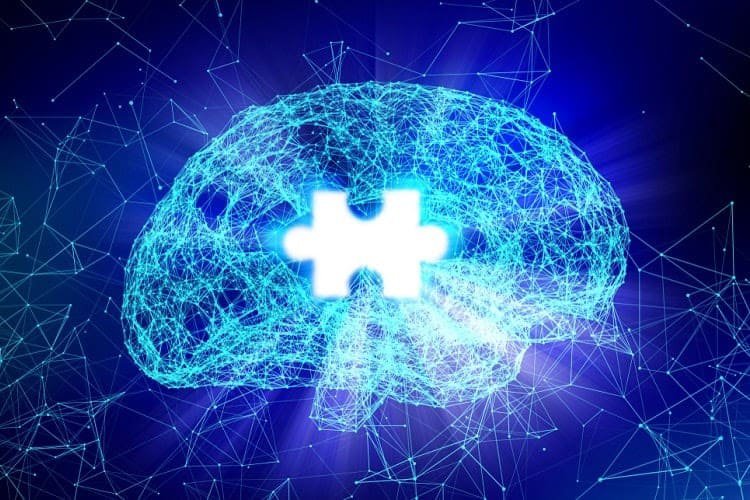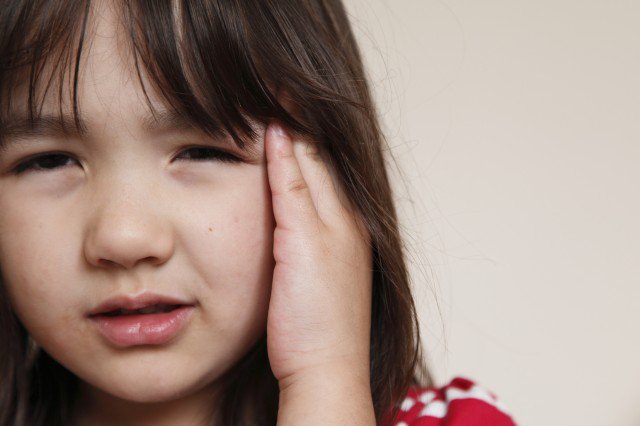Why should you stop hiding your emotions?
This is an automatically translated article.
For the negative emotions in life, someone tries to be willing to receive, overcome and share it. However, many people choose to suppress these emotions. In fact, emotions that have been suppressed for a long time can have negative effects on one's health.
1. What is hiding emotions?
Expressing feelings or hiding emotions is a choice of each person. Some people express their feelings quite openly. But there are also many people who tend to hide this feeling.
Repressed emotions to avoid uncomfortable feelings, forget these feelings. You subconsciously push painful feelings, thoughts, or memories out of your consciousness. Sometimes this concealment will help you build a positive image of yourself to the people around you. If you are subjectively thinking that hiding your emotions does not affect your health, you are making a serious mistake.
Repressed emotions are a way to protect the mind from painful situations. For example, a child who has been abused by a parent or caregiver often tries to suppress memories of abuse and painful emotions. However, this abuse still affects children and can cause relationship problems in adulthood. So you shouldn't hide your feelings.
You may have learned to suppress your emotions if you were raised in a rather complicated household. You will have to learn how to communicate and manage your emotions as a child, and you may also experience problems such as abuse, addiction, or mental illness.
Repressed emotions can also lead to things like: Rejection of feelings, ignoring feelings, avoiding communication, avoiding touching, distrust
2. Reasons surrounding hiding emotions
People often learn to suppress their emotions for a few key reasons.
2.1. Avoid revealing “weaknesses”
Expressing your feelings can leave you vulnerable and expose your hurt to others. Many people worry that expressing certain emotions will cause others to judge and believe that you cannot manage your emotions. You may also be concerned that other people are using these feelings against you, especially if it has happened to you before. As a result, you hide sadness, fear, disappointment, and other negative emotions.

Bày tỏ cảm xúc hoặc che giấu cảm xúc là lựa chọn của mỗi người
2.2. Protect the relationship around
According to experts, many people often hide their emotions to protect their relationships. Specifically, the person you care about does things that make you feel uncomfortable. However, instead of expressing discomfort, complaining, you choose to hide your true feelings. If your partner reacts negatively when you share your feelings, the two of you can lead to a major conflict. To protect this relationship and avoid conflict, you will choose to remain silent and hide from your emotions.
2.3. Lack of confidence in yourself
If your partner has manipulated your emotions in the past, you may be afraid to trust someone new with your feelings. You may also lack confidence in your own ability to handle conflict positively and effectively.
2.4. Unconfident
If you get the message that your opinions and feelings don't matter, you will probably learn to hide your feelings at an early age. This often happens when parents and carers are constantly criticizing you for expressing your feelings. This judgment is also not limited to negative emotions.
Some caregivers refrain from reprimanding children for any outbursts of behavior, negative or positive. Eventually, you may no longer feel safe when you express your opinions and feelings to others. So you hide them to avoid further criticism.
3. Why should you stop hiding your emotions?
Hiding emotions can have some pretty significant effects on physical and emotional health.
3.1. Communication is interrupted
By hiding your emotions, you can prevent clear communication with people around you. This lack of communication limits relationship building.
Emotional suppression can become such a habit that it begins to happen unconsciously. So you may also find that you start to lose touch with your own emotions.
3.2. Nurturing emotions
Concealing emotions can help you avoid expressing your attitude and status to the opposite person, but in fact, that emotion will not disappear. Nurturing these feelings makes them grow day by day and weigh heavily on your mind.
3.3. Stress on relationships
You can hide your feelings from strangers. Close people can easily discover your true feelings. Trying to emphasize "I'm fine" and "Nothing's wrong" can leave friends and loved ones feeling confused and frustrated. Even the other person feels hurt because he is not trusted and your relationship is in danger of breaking up.

Che giấu cảm xúc làm các mối quan hệ trở lên căng thẳng
3.4. Shorten lifespan
One study found a link between emotional suppression and the risk of early death. Suppressing emotions can increase stress and worsen medical conditions:
Diabetes Sleep problems High blood pressure Cardiovascular problems Any of the above conditions are can affect long-term health and longevity, especially if left untreated.
4. Ways to Stop Hiding Emotions
Practice mindfulness: Mindfulness refers to your awareness of the present moment and your ability to experience things as they happen. Emotional mindfulness means acknowledging and accepting emotions as they arise, even if you choose not to express them right away.
Feeling emotions allows you to fully experience and understand them: This deeper understanding can make it easier to understand your role in a situation and uncover potential solutions. Share your feelings honestly: Emotions are part of your life experiences. Giving them low levels can invalidate your identity and sense of self, and prevent you from achieving your personal goals. There are many ways to share feelings, even negative ones, without being rude. It helps practice emotional communication by opening up first with loved ones and others you trust. Talk to someone you trust: If you don't get a chance to express your feelings, it can still be helpful to share, especially if you can't change the situation. Journaling also helps you practice expressing emotions as they arise. Journaling may not have the same impact as talking to someone who can confirm your sadness, but it can still help you deal with difficult emotions. Talking with a psychologist can help you learn how to improve your emotional expression. Your doctor can help you identify the reasons for your emotional inhibitions, including trust issues and fear of rejection, and begin to address these factors. As you become more comfortable with your emotions, your doctor can: Teach effective conflict resolution and communication skills Teach you strategies for dealing with intense feelings Help you deal with symptoms mental health symptoms such as anxiety and stress, etc. Sometimes hiding emotions is quite normal, even seeming to be the best option in stressful or overt situations. But when you hide your feelings because you fear how others will react, you deny your own experience. This seems like a good way to avoid conflict and emotional pain, but in the end it backfires. Learning how to honestly express your feelings isn't always easy, but it will help you communicate more openly.
Please dial HOTLINE for more information or register for an appointment HERE. Download MyVinmec app to make appointments faster and to manage your bookings easily.
References: healthline, webmd
This article is written for readers from Sài Gòn, Hà Nội, Hồ Chí Minh, Phú Quốc, Nha Trang, Hạ Long, Hải Phòng, Đà Nẵng.



